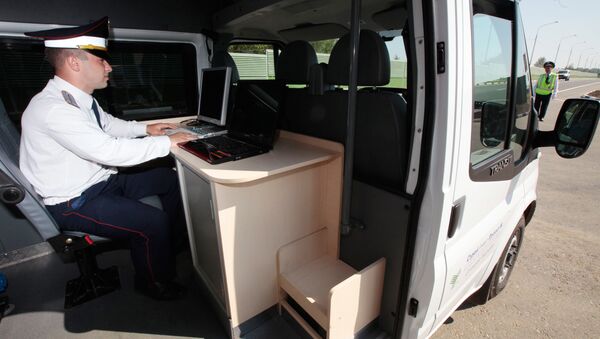Yuriy Goryunov, a resident of Kazan, has proved that a mobile speed camera gave inaccurate readings that led him to be wrongly fined for speeding. In August 2015 a speed camera, operating on the Moscow-Ufa highway, caught Goryunov's "Lada Granta" car allegedly travelling at 92 kmh in a 70 kmh zone. A month later the driver received a 500 ruble fine (US $7.5), according to the Evening Kazan newspaper.
After Goryunov supplied the information on the camera's operations, coupled with his understanding of the laws of physics, proving the correctness of his testimony, the court found him not guilty. However, the defendant's side — the traffic police — appealed to the Supreme Court of the Republic, where the physicist's arguments will be accurately reviewed again, said the publication.





